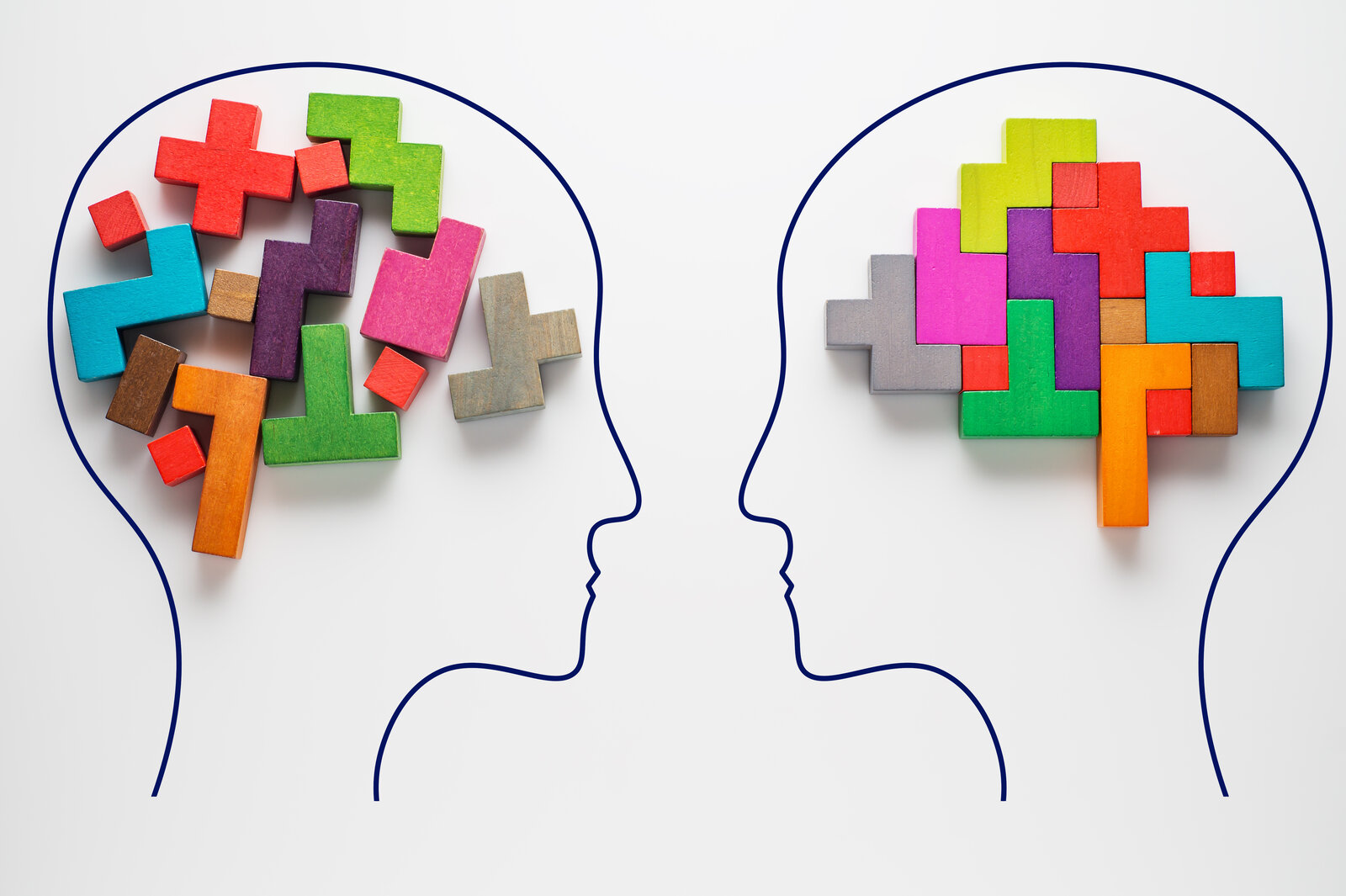Our brain is tricking us for efficiency: Heuristics and cognitive biases in decision-making

Our brain: A flawed masterpiece. On average, our minds go through 74GB of information every day, with a constant stream of information from all the different devices we use, on top of the information-dense surroundings of urban spaces, according to a research analysis (pdf). To put that figure into perspective, it’s the equivalent of 16 movies.
How do our brains handle these massive loads? They take little shortcuts here and there to make life a bit easier. Brains are designed and wired to prioritize efficiency wherever possible, so they rely on tools like heuristics — essentially a mental shortcut that helps us make decisions faster. When we make rational decisions, we typically spend lots of time (and cognitive energy) weighing all the available information, including the pros and cons of each scenario, to reach a logical conclusion.
Heuristics allow our brains to get to the end point faster when it comes to snap decisions and thought processes. “For example, humans have only limited time, information, and cognitive capacity to decide which mate to choose, food to eat, or house to buy, and so may have to rely on simple decision strategies or heuristics to make their decisions,” according to an article published in the Encyclopedia of Human Behavior.
The danger of heuristics: They can result in some cognitive biases, which are essentially incorrect judgments or assumptions. These biases become systematic errors that can perpetuate the same type of thinking if they remain unchecked, resulting in sometimes hyperbolic behavior. Scientists who studied the neural pathways our brains use when employing heuristics — and that result in cognitive biases — have found that there are several different types of biases:
#1- Scrolling through articles that all seem to be giving the same news or confirming the same opinions? That’s actually social media algorithms perpetuating confirmation bias by feeding us content that is in line with our interests and views, in a bid to get more engagement and clicks. This bias, known as the confirmation bias, is “the tendency to select, interpret, focus on, and remember information in a way that confirms one’s preconceptions, views, and expectations,” according to a 1998 study. So that means that, besides the algorithm already doing a lot of work to bring us data that feeds into our preconceptions, we’re also likely to seek out information in a way that confirms our thoughts and opinions. That often means the lack of exposure to opposing viewpoints will further entrench our biases and ideas.
#2- “I’ve already spent too much time/money/effort. I can’t quit now.” This common way of thinking is a cognitive bias known as the sunk cost bias, which refers to our tendency to stick with a something — be it an activity, a relationship, a job, or just a bad movie — because we’ve already invested time, money, or effort into it and don’t want to see these resources go to waste midway through. This bias “means that we are making decisions that are irrational and lead to suboptimal outcomes,” focusing too much on what we’ve already invested (proverbial spilled milk) instead of considering the future and end point. It ends up being a “vicious cycle” because, until we pull the plug, we’re likely to continue investing the resources we feel bad about wasting, making it exponentially more difficult to call it quits.
#3- “That could never happen to me.” One of the common cognitive biases — which is particularly prevalent among younger people — is the optimism bias. This fallacy is seen when we (incorrectly) assume that we’re less susceptible to negative events and more likely to experience positive events than the general average. It’s often seen in risk-taking behavior in younger people, who could drive recklessly but be irrationally confident that they won’t get into an accident, or take up smoking with the conviction they won’t face adverse health effects.
So how do we address these biases? As the old adage goes, admitting you have a problem is the first step to recovery. Studies have shown that awareness of cognitive biases decreases their effects. To go further, integrate others into your decision-making process since research has also shown that collaboration, particularly in diverse groups, mitigates bias. Finally, try to identify all the factors going into your decision-making process before giving the final ok.